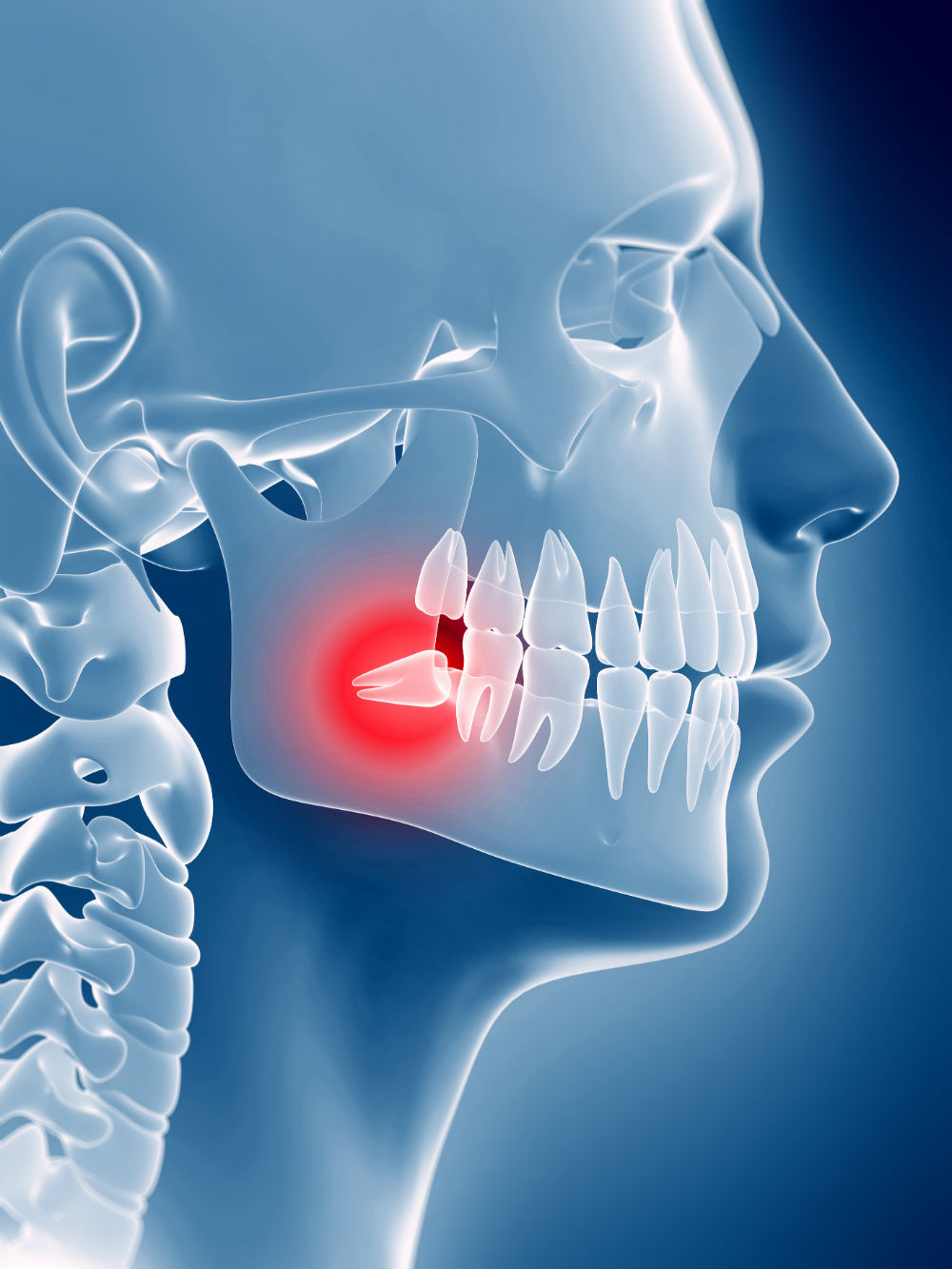This Article Has Been Medically Approved By


Dealing with Wisdom Teeth Nerve Pain: Understanding and Alleviating Discomfort
Wisdom teeth, also known as third molars, can be a source of great discomfort and pain when they emerge. One common issue associated with the eruption of wisdom teeth is nerve pain. The development and subsequent extraction of these teeth can affect the nerves in your mouth, leading to a variety of symptoms. In this blog post, we will explore the causes of wisdom teeth nerve pain and provide practical tips for managing and alleviating this discomfort.
Understanding Wisdom Teeth Nerve Pain: Wisdom teeth typically start to emerge between the ages of 17 and 25, although the timeline can vary from person to person. Due to limited space in the jaw, these molars often erupt partially or in an angled position, leading to impaction. As the wisdom teeth push against the surrounding tissues, they can exert pressure on the nerves, causing pain and discomfort.
Causes of Nerve Pain:
- Impaction: When wisdom teeth are impacted, meaning they fail to fully emerge, they can place pressure on the nerves and surrounding structures. This pressure can lead to nerve pain.
- Inflammation and infection: Partially erupted or impacted wisdom teeth create an environment where bacteria can thrive, leading to inflammation and infection. This inflammation can irritate the nerves and cause pain.
- Nerve impingement: The roots of wisdom teeth can come into contact with the nerves in the jaw, leading to direct nerve impingement. This contact can result in nerve pain that radiates throughout the mouth and face.
Managing Wisdom Teeth Nerve Pain:
- Consultation with one of our surgeons: If you experience wisdom teeth nerve pain, it is essential to seek professional dental advice. Our surgeons will examine your teeth, take X-rays, and determine the best course of action, which may include extraction.
- Pain management: Over-the-counter pain relievers such as ibuprofen or acetaminophen can provide temporary relief from wisdom teeth nerve pain. Follow the recommended dosage and consult a healthcare professional if you have any concerns.
- Warm saltwater rinses: Gently rinsing your mouth with warm saltwater can help reduce inflammation and promote healing. Dissolve half a teaspoon of salt in eight ounces of warm water and swish it around your mouth for 30 seconds before spitting it out.
- Topical numbing gels: Over-the-counter oral gels containing benzocaine can provide temporary relief by numbing the affected area. Follow the instructions on the packaging for proper use.
- Ice pack application: Applying an ice pack or cold compress to the affected area can help reduce swelling and numb the pain. Wrap the ice pack in a cloth and apply it to the outside of your cheek for 15 minutes at a time, with breaks in between.
- Soft diet and proper oral hygiene: Stick to a soft-food diet to avoid aggravating the affected area. Maintain proper oral hygiene by gently brushing and flossing your teeth, taking care to avoid the surgical site.
Wisdom teeth nerve pain can be a distressing experience, but understanding its causes and implementing effective management techniques can help alleviate discomfort. If you are experiencing persistent or severe pain, it is crucial to seek professional dental care promptly. By following the guidance of a dental professional and utilizing pain management strategies, you can successfully navigate through the process of wisdom teeth eruption or extraction. This ensures a more comfortable and pain-free oral health journey.



